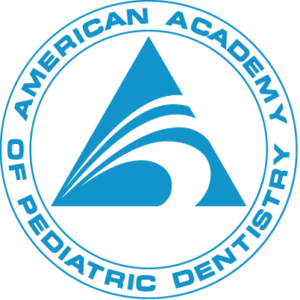In-Office Sedation
Payment plan options are available through PDAA and through our office. Please inquire for further details.
1. IS ANESTHESIA SAFE?
2. HOW WILL MY CHILD BE MONITORED DURING MY SURGERY?
3. WILL ANESTHESIA BE COVERED BY MY INSURANCE?
Currently, Pediatric Dental Anesthesia Associates (PDAA) is out-of-network with all insurance companies and cannot accept insurance assigments. Anesthesia fees are separate from your dental bill. Please reach out to PDAA directly to work out a payment plan as needed.
4. WHEN WILL MY CHILD FEEL “NORMAL” AGAIN?
5. WHAT ARE SOME OF THE SIDE EFFECTS OF THE DRUGS USED?
6. WHAT IF MY CHILD HAS AN ALLERGY TO ONE OF THE DRUGS USED?
7. WHAT IS THE DIFFERENCE BETWEEN SEDATION AND GENERAL ANESTHESIA?
Minimal (light) sedation: Relief from anxiety.
Moderate sedation: Relief from anxiety, some memory loss.
Deep sedation: Complete relief from anxiety, no memory of procedure.
General anesthesia: Completely asleep and unaware of the surgical procedure, no memory of procedure.
Children most often require general anesthesia.
IF YOU HAVE ANY FURTHER QUESTIONS OR CONCERNS, PLEASE FEEL FREE TO CONTACT DR. WILSON DIRECTLY.

We are proud to serve the dental needs of children in Vestavia Hills, Mountain Brook, Irondale, Birmingham, Leeds, Moody and the surrounding communities.
1950 Stonegate Drive, Suite 100,
Vestavia Hills, AL 35242
Email: [email protected]
Fax: 1-855-438-0697 (toll-free)
205-403-5423



vvvv
